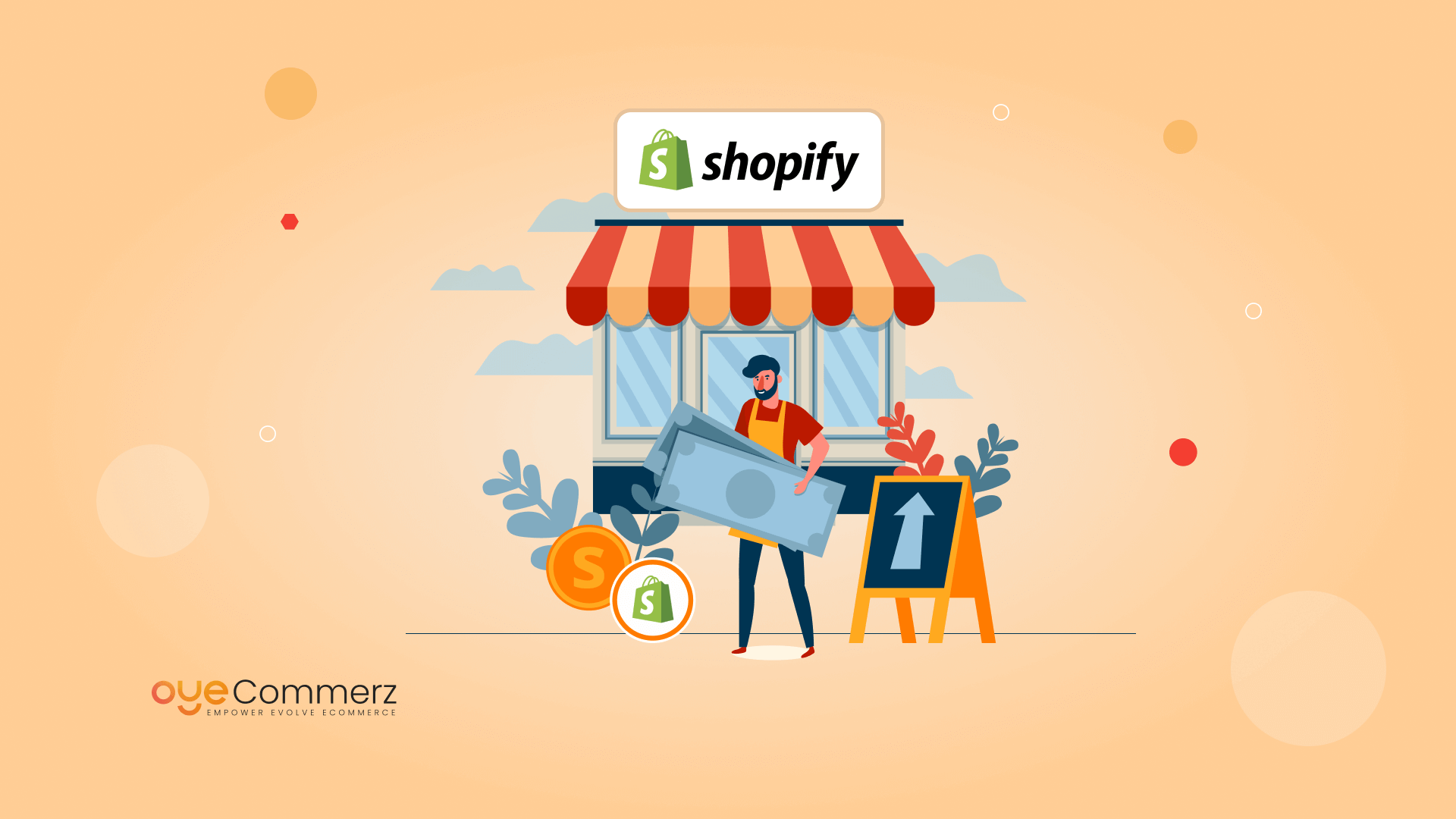Introduction
In today’s cutthroat e-commerce landscape, standing out is essential, and one of the best ways to set apart a Shopify store is through custom app development. A robust Shopify app can enhance store capabilities, streamline operations, and boost customer engagement. This guide delves into key elements of Shopify app development, covering API integration and app ecosystem to growth techniques and promotion methods, providing a roadmap for companies seeking superior store performance.
Why Shopify API Integration Matters
Shopify’s API provides powerful tools to personalize and extend store functionalities. With GraphQL and REST APIs, developers can retrieve information to create apps that handle inventory control, order processing, and customer information management smoothly. Integrating Shopify’s API can enable improved workflow automation and allows stores to assist shoppers more effectively.
Utilizing the Polaris Design System
Shopify’s Polaris is Shopify's design system for designing user-friendly and accessible Shopify apps. By following Polaris guidelines, developers ensure that apps seamlessly integrate within the Shopify Admin experience. This provides a cohesive appearance that resonates with Shopify merchants, promoting ease of use and familiarity for merchants using your tailored app.
Understanding the Shopify App Ecosystem
The Shopify app ecosystem provides numerous opportunities for enhancing online stores. From handling order fulfillment to boosting customer engagement, apps in this environment are designed to meet diverse business needs. Familiarizing with this system helps developers in identifying unique app opportunities and enables smooth connections of third-party services that add value to the store.
Developing Embedded Shopify Apps
Embedded apps work seamlessly within the Shopify Admin, allowing a seamless experience for merchants. They ensure that merchants don’t have to leave their Shopify control panel, streamlining their workflow. Employing Shopify App Bridge and embedded Advanced Shopify features app features is recommended for providing a cohesive, integrated user environment.
Leveraging Node.js and React for Shopify Development
Node.js and React have emerged as ideal tools for Shopify app creation. This server-side framework enables efficient server-side applications, while React allows for dynamic, responsive front-end design. Combined, they provide an strong platform for creating speedy, growth-ready Shopify apps that enhance store performance and customer interaction.
Utilizing Webhooks in Shopify Development
Webhooks enable instant data updates between Shopify and an outside application. They initiate events such as new orders or stock changes and send instant notifications to your app. By Get started with Shopify apps implementing webhooks, apps can provide up-to-date information to store owners, streamlining workflows and boosting productivity.
Engaging Customers Through Digital Marketing for Shopify Apps
To ensure Shopify app success, connecting with users is crucial. Using online marketing techniques like SEO, email marketing, and social outreach can increase app usage. Additionally, creating applications with customer interaction as a focus (e.g., loyalty programs or personalized suggestions) boosts user retention and loyalty.
Scaling Your Shopify App
As e-commerce businesses grow, so do their technological needs. Ensuring that your app can scale to handle increased traffic, larger data sets, and more advanced functionalities is critical. By improving server capacity and using scalable technologies, you can develop apps that grow in parallel to a store’s growth.
Essential Features and Maintenance for Shopify Apps
For an app to be useful, it should offer key capabilities like user authentication, dashboard analytics, and support channels. Regular app upkeep, with updates to fix bugs and ensuring compatibility with new Shopify features, is vital to maintain uninterrupted performance and avoid interruptions to merchant workflows.
Conclusion
Custom Shopify app development holds vast potential for e-commerce businesses, providing the ability to enhance store functionality, simplify operations, and build customer relationships. From integrating APIs to ensuring scalability and customer interaction, building a Shopify app involves thoughtful preparation and well-planned actions. If you’re prepared to unlock your store’s full potential, a tailored Shopify application may be the perfect choice. What capabilities do you envision for your dream application? Share your thoughts and take the first step toward an optimized e-commerce experience!
